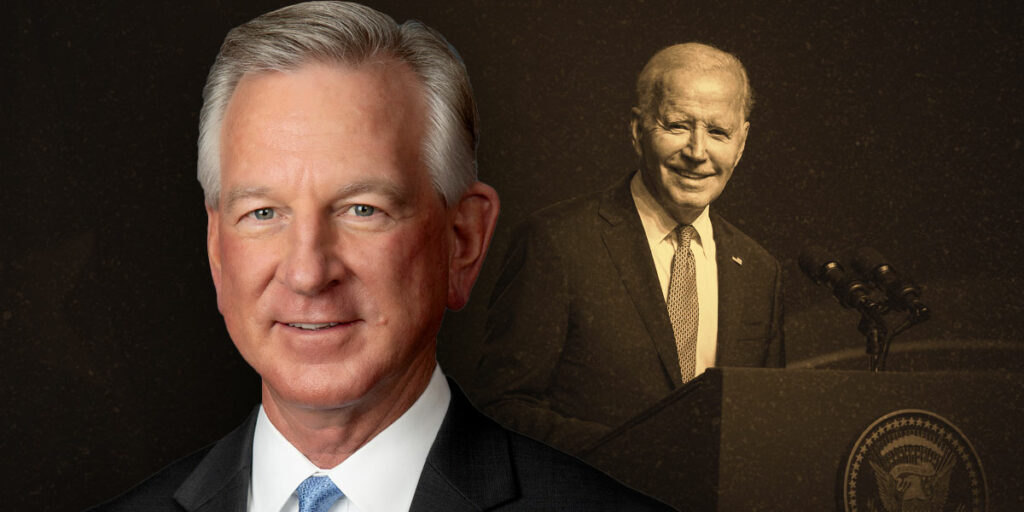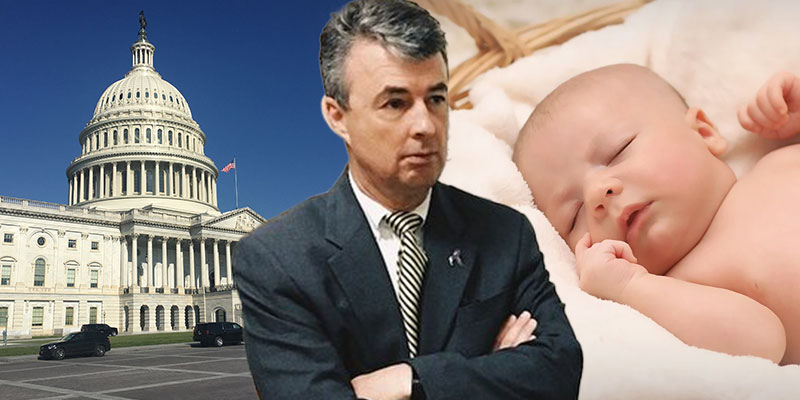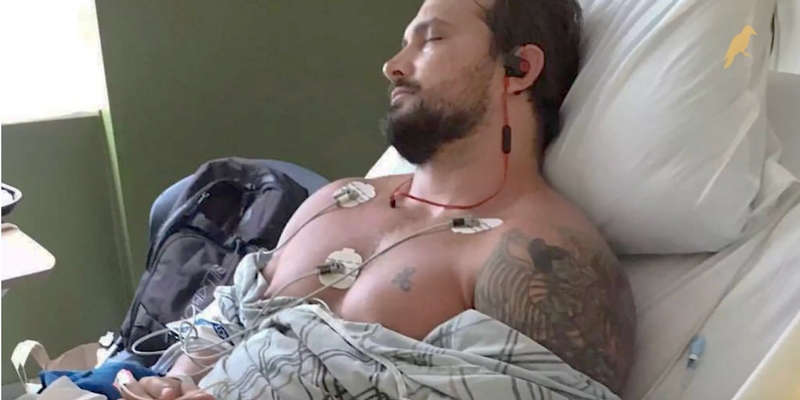Attorneys for the state of Alabama and one of its few abortion clinics faced off before federal judges Tuesday, debating the state’s effort to reinstate a law that let judges put minors seeking abortions through a trial-like process.
The state’s legislators in 2014 changed the process for minors to get abortions through a court order instead of parental consent. The new law let judges appoint a lawyer for the fetus and required minors to notify district attorneys, who could call witnesses to decide whether the minor was mature enough to have an abortion. Parents could attend the hearing if they already knew about it.
The ACLU said the law was the strictest of its kind in the country. The organization sued on behalf of Reproductive Health Services, an abortion clinic in Montgomery, in 2014.
The lawsuit did not provide estimates of how many minors were affected by the law, but shared the story of a 12-year-old girl who was raped and impregnated by a relative. A judge approved her abortion but the district attorney appealed it. An appeals court ultimately granted her abortion two weeks later, but the delay pushed the minor into the second trimester of her pregnancy.
A federal judge struck down the law as putting an undue burden on minors in July 2017. The state appealed in October. The appeal argued that the law didn’t hinder a minor who is mature enough from getting an abortion, but provided regulatory guidelines to ensure a decision was made in the minor’s best interest.
Arguments in Montgomery’s federal appeals court Tuesday, which are usually limited to half an hour, lasted two hours. Judges Charles Wilson, Adalberto Jordan and Patrick Higginbotham challenged the state’s arguments that involving the district attorney would not violate confidentiality or advocate against abortions and bias the judge.
“In the real world, if you go into a rural community in Alabama, if the district attorney is given notice that “Janey” is seeking an abortion, I don’t need evidence that will pose a risk to her anonymity,” said Higginbotham, who grew up in Alabama. “Do we have evidence that it won’t leak out?”
The state’s lawyer Eric Palmer responded that district attorneys were bound to confidentiality and their roles were “not necessarily as an advocate” but to “make sure the judge’s decision is accurate.” The district attorney could call witnesses to testify about the minor’s maturity if there wasn’t enough evidence, but Palmer said it would be near impossible to do so in the 72 hours required for the judge to issue an order.
Parents can also attend the hearing if they’re already aware of it and get legal counsel, although Palmer said their opinion did not have authority over the final outcome. Palmer did not deny that the guardian for the fetus is “adversarial” and advocates against the abortion.
The judges questioned the ACLU’s attorney Andrew Beck whether the legal process would be one-sided with only a guardian for the minor, not a guardian for the fetus or the input of the district attorney.
Beck said every other state with the same process doesn’t involve district attorneys. He argued that the minor already needs to prove on her own she’s mature enough to have the abortion and judges have denied petitions in the past without enough evidence.
“The law we’re fighting is even more extreme, forcing them to stand trial for their health decisions,” Beck said in a written statement.
Reproductive Health Services declined to comment on how many of their patients had sought abortions through the courts. The state’s appeal said that six minors had hearings with the Montgomery district attorney’s office from July 2014 to December 2016. The appeal said they asked minors few questions and never took a position in any of the cases.
(Associated Press, copyright 2018)













